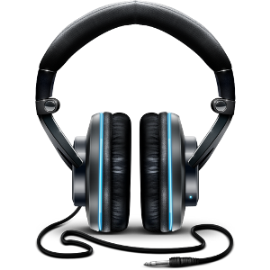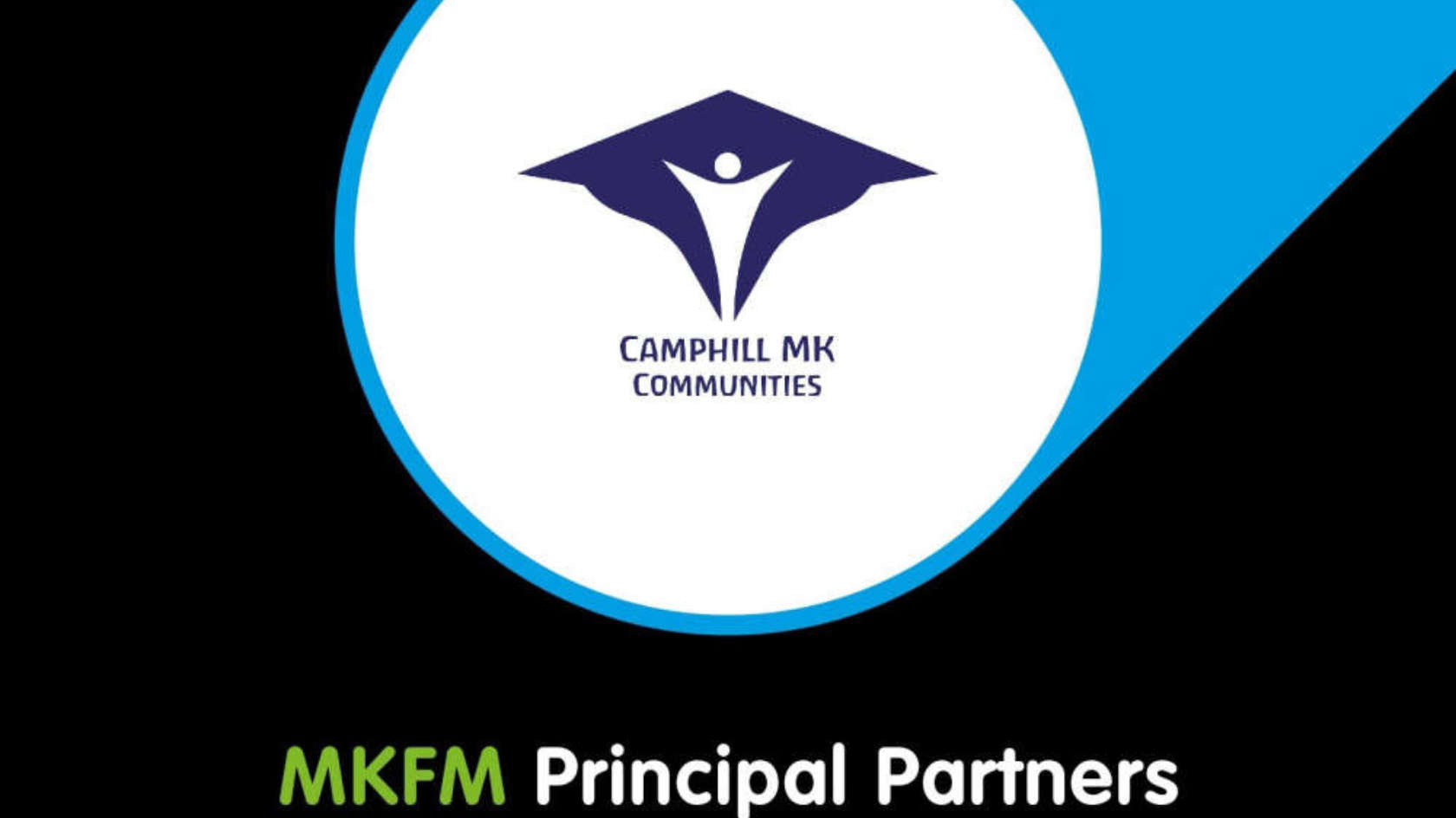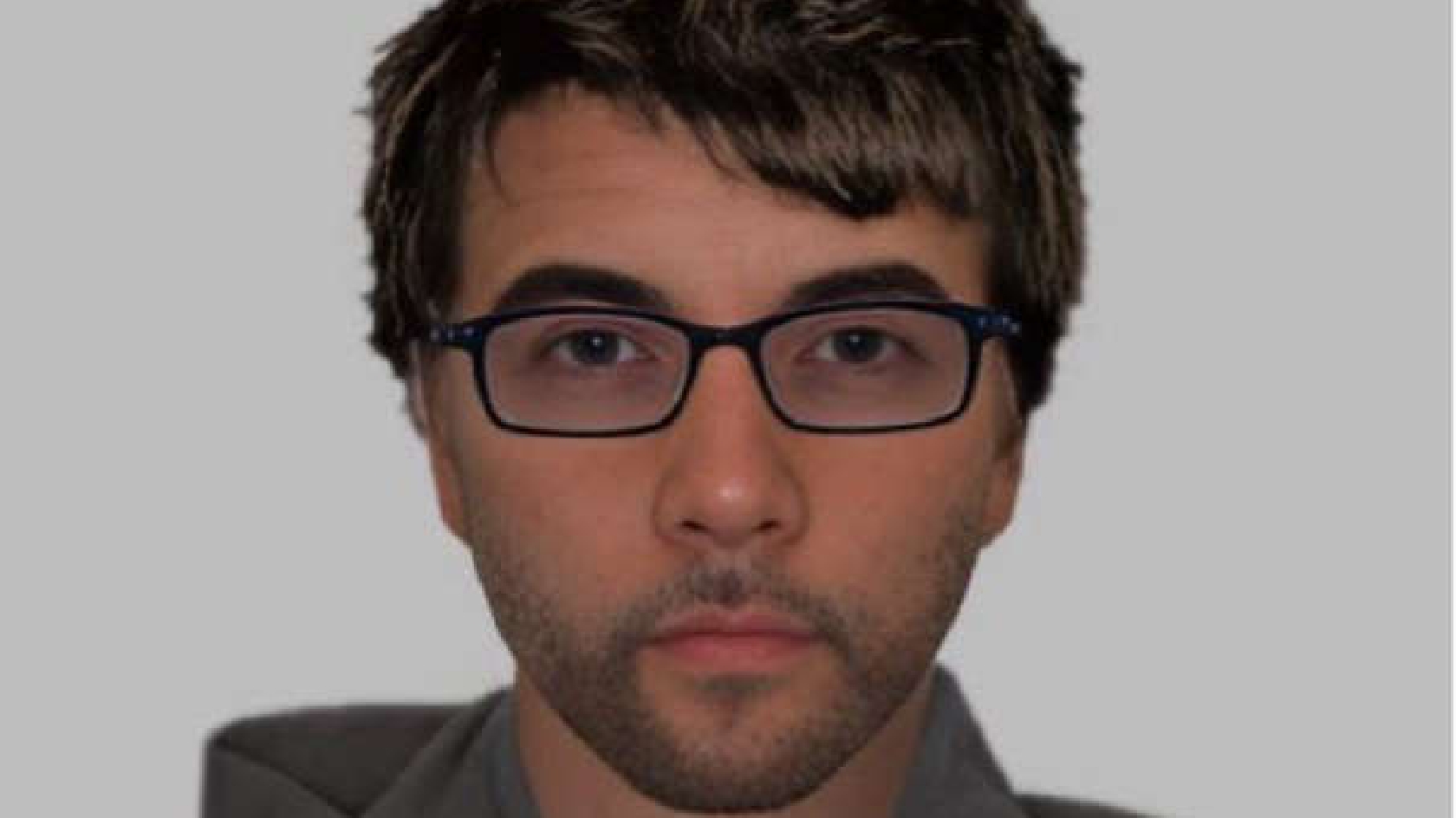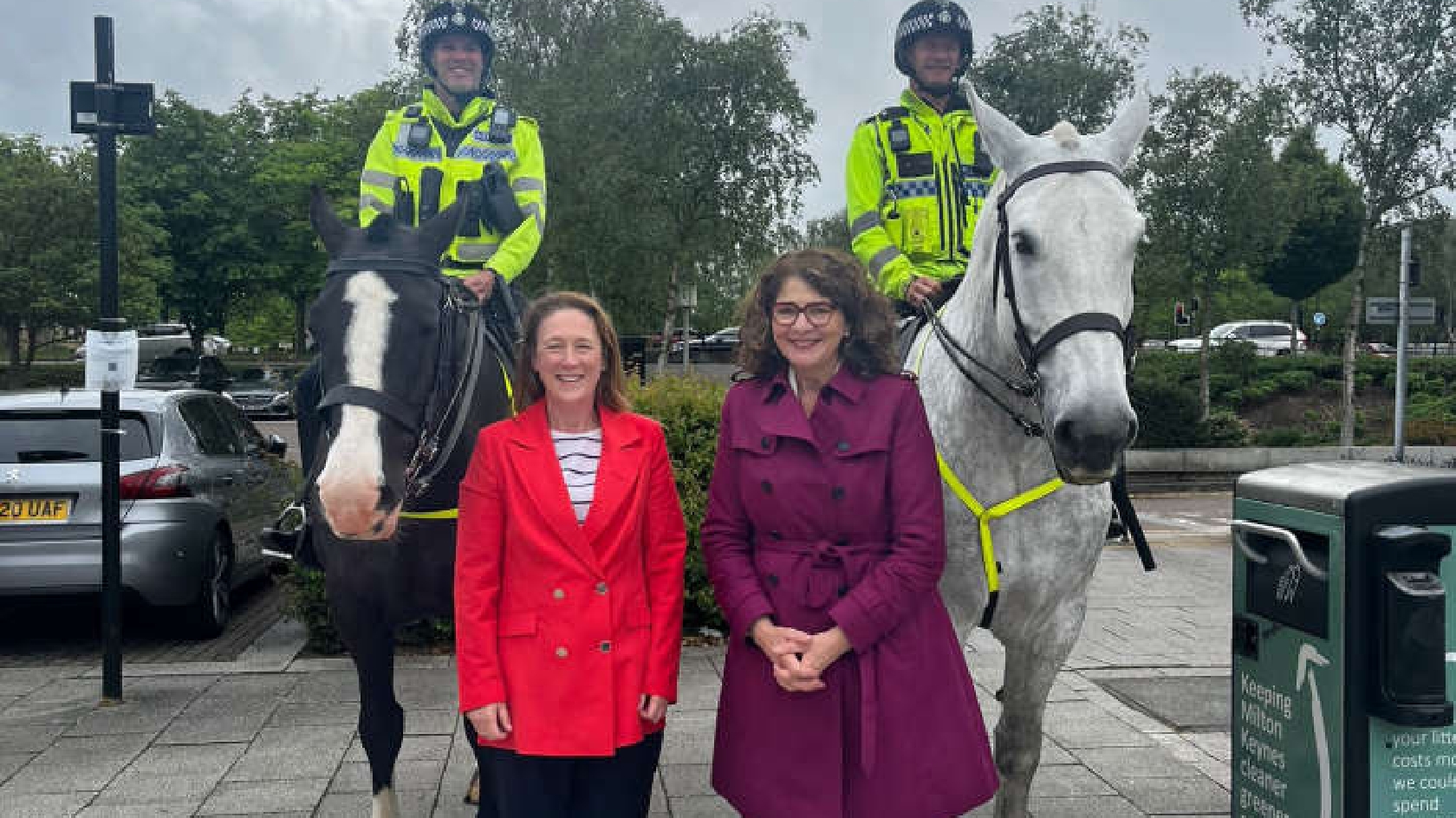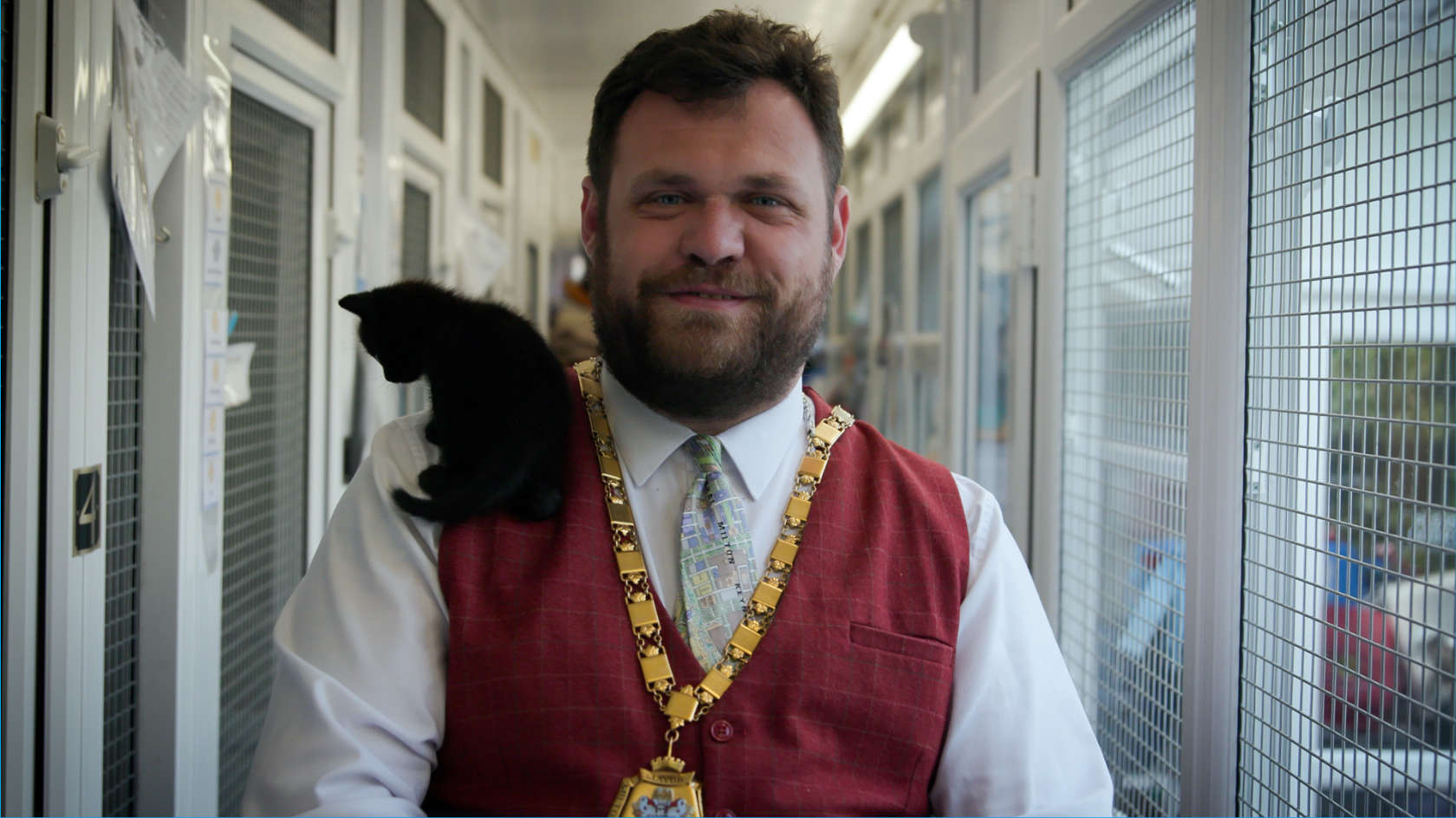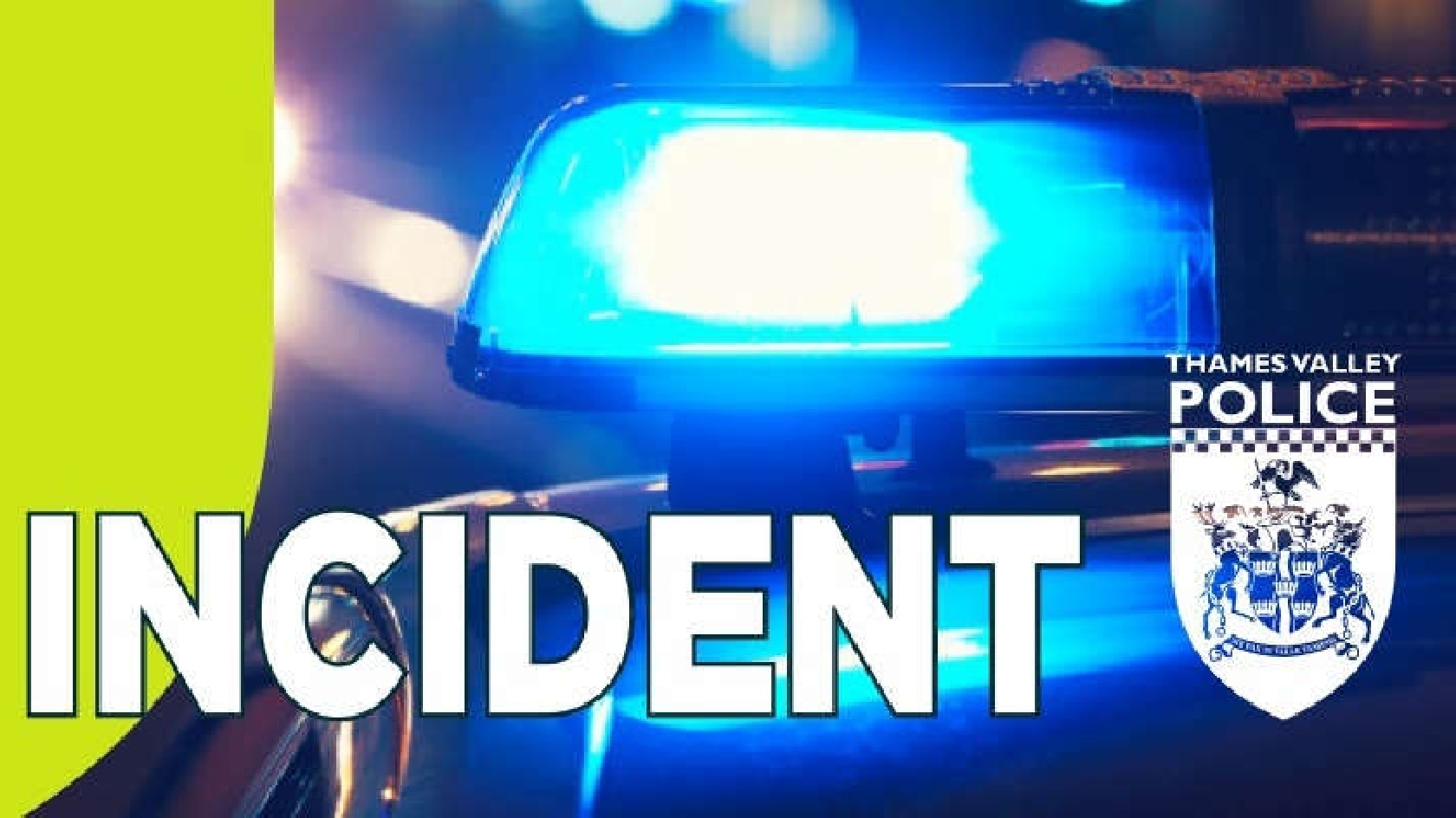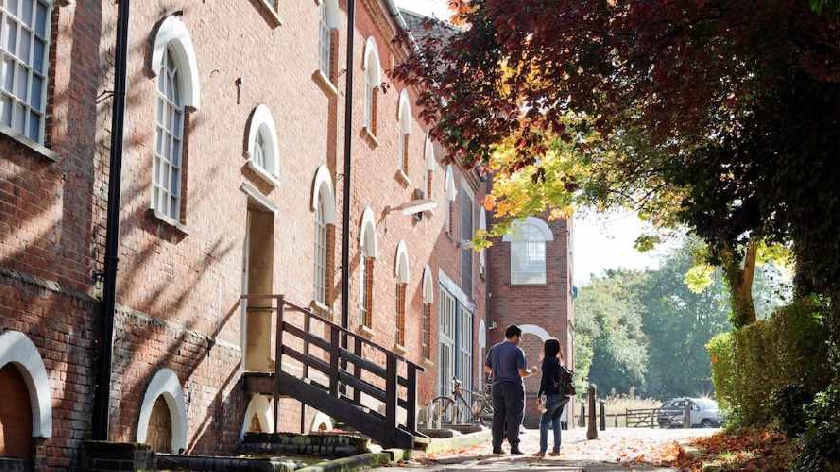
Contrary to popular belief, the overwhelming majority (71%) of students have not taken illegal drugs during their time in Higher Education, new research reveals.
Vice-Chancellor of the University of Buckingham Sir Anthony Seldon, who is talking about his new initiative to tackle drugs at the Festival of Higher Education, University of Buckingham, June 13 and 14, says: “With illegal drugs, we have been fiddling while Rome burns. Illegal drug-taking causes mental health problems, and is a symptom of them. Even students themselves think there needs to be a stronger lead on drug-dealing, especially as the survey shows many students feel under peer pressure to participate in illegal drugs.
"My own University, Buckingham, is trying to work towards becoming the country's first drug-free university, by changing the culture to one with emphasis on drugs education, peer pressure not to take drugs and encouraging alternative strategies to drugs and excessive alcohol for relaxation and enjoyment."
Male students are more likely to take drugs with three quarters (74%) of female students saying they have not taken illegal drugs compared to only around two thirds (68%) of male students.
According to research by YouthSight, more than half (53%) of the 1,000 students questioned think their university is not doing enough to deter illegal drug use. Other findings of the survey included the reason most students take drugs – 81% said it was for recreational purposes. However, nearly half (47%) of those who took drugs said peer pressure had been the trigger to make them use illegal substances. Just 6% said it was to cope with difficult exams.
Many students are all too aware of the devastating consequences of taking drugs. More than three quarters (88%) believed drug use can cause long-term mental health problems and around two thirds said that drugs could cause huge problems for society in terms of contributing to criminality (68%) and (62%) health care costs. However, a higher proportion of students (44%) think excessive alcohol use is a "very serious" threat to students than think illegal drug usage is (33%) according to the survey by the Higher Education Policy Institute (HEPI) and the University of Buckingham. Almost half of students (43%) regarded excessive alcohol to be "quite a serious" issue.
Around four-in-10 students (39%) believe there is a problem of illegal drugs at their institution. Worryingly, many students do not think that being better informed can solve the problem. One quarter (26%) of students think neither ‘better information and education’ nor ‘tougher punishments’ would discourage students from taking illegal drugs. Around a third (33%) think ‘tougher punishments’ would be the best approach. Almost two thirds of students (62%) want their University to take a tougher stance on drug dealers and students who regularly use drugs,
Female students are far more worried about drug-taking with 92% of female students saying they would report their concerns over illegal drug-taking compared with 83% of males.
Although the majority (71%) of students have not taken illegal drugs during their time in Higher Education, a quarter (25%s) had done so in the past year. YouthSight's findings are in stark contrast to NUS findings in April which suggested 56% had taken drugs and two-thirds (62%) had "showed a relaxed attitude towards student drug use. This may be because the NUS survey was targeted at specific groups such as "Students for Sensible Drug Policy UK channels" while this survey was conducted via YouthSight's large Student Panel, with the result weighted to reflect all the body of full-time undergraduate students.
HEPI Director Nick Hillman says, “‘This survey provides an important corrective to some of the wilder ideas about today’s students. They are more hardworking and less hedonistic than is often supposed. A majority clearly recognise the dangers of taking illegal substances.
"Some people blame universities for becoming too involved in their students’ lives and others blame them for not doing enough to help their students. But our survey shows the majority of students want their institutions to take a tougher, rather than a more relaxed, line on the use of illegal substances by their fellow students."
